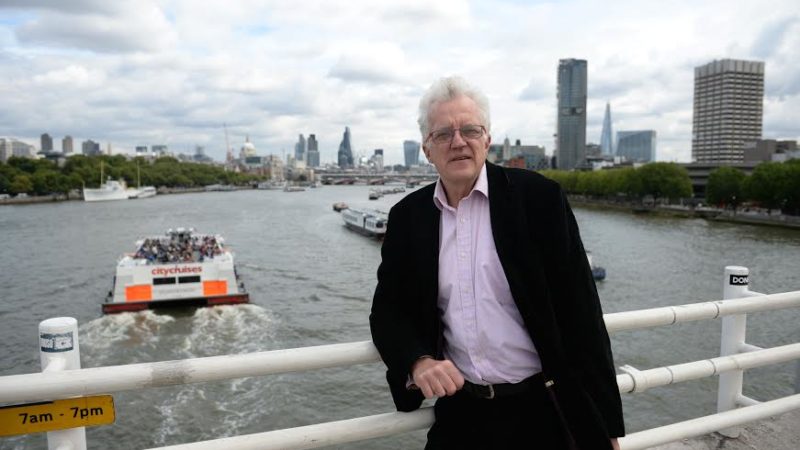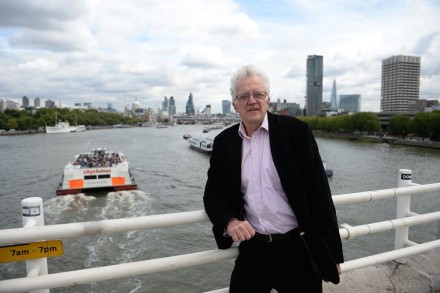

The Labour manifesto has been widely acknowledged as having plenty of good ideas and even many many people who do not necessarily vote for the party have expressed support for it. That’s because it contains plans to put more money into services used widely such as education, health and housing.
The plans have been costed but clearly not to the satisfaction of the right-wing press and commentators who would, quite frankly, be sceptical of whatever Labour came up with. They have questioned the ability to pay but, in fact, Labour’s costings are, if anything, conservative as they are based on conventional ways of assessing schemes.
The usual method of assessing policies is simply to put in all extra spending as a cost, irrespective of what it might generate in benefits either to individuals or society as a whole. There are two ways that Labour politicians should challenge this.
First, there is the issue of “externalities”. This sounds technical but is in fact very simple. A policy may not directly pay for itself but as it will benefit society, both users and non-users, it is worth implementing.
Take for example London’s bike hire scheme. It loses about £10m every year because the cost is relatively low but it is expensive to move the bikes around by van to meet demand. It means people are not using buses and trains that are overcrowded and which require massive and expensive public investment. Or they might otherwise use a car, with all its downsides such as air pollution and congestion. Yet, there is an obsession with the idea that government schemes must pay for themselves. Projects are deemed unaffordable when in practice they would deliver enormous social benefits. This is economically and politically nonsense.
Secondly, there are the numbers themselves. These are always overstated because they fail to take into account the net effect, rather than simply the gross figures. As I mentioned in my previous piece on LabourList, the row during the preparation for the Olympics over the failure to include VAT was the most daft example of this. Since VAT would, by definition, return immediately to the Exchequer, it was quite right not to include this as an added cost. Yet, the papers had a field day, lambasting the Labour government for understating the cost of the games (I make no judgement on whether they were ultimately successful or not.)
Let’s look, for example, at the net cost of employing an extra police officer which got Diane Abbott, our shadow home secretary, into trouble. A new police officer starts on a salary of around £20,000 and double that for other costs – say £40,000. Now of the £20,000, about £3,200 goes straight back to the Exchequer in income tax and national insurance. Of the other £20,000, there might well be around £4,000 of VAT if it is all VAT-rated or some of it might be spent on creating employment for other people who will then pay taxes. Moreover, one could also add the fact that any job created would save on jobseekers’ allowance of £3,500 annually, and housing benefit, which could easily be as much again.
So at least £7,200 will go straight back in tax and say a similar amount saved in unemployment and housing benefits, reducing the net impact in the first year from £40,000 to around £25,000 (a reduction of 37.5 per cent). Other schemes might well have a much higher percentage immediately being returned to the Exchequer, if, say, they involve employing people taxed at the higher rate. Building council homes is a particular example of a government scheme whose cost is massively overstated as over, say, a 10-year period much of the initial expenditure will be paid for by the tenant. Indeed, council housing as a whole makes a profit, yet it is presented by the government as requiring subsidy.
This should give ammunition to Labour people on the doorstep, providing a strong counter to the “tax and spend” accusations wielded by our opponents. We should start talking in these terms to create a different approach to economics.




More from LabourList
Labour place third in Gorton and Denton by-election as Greens gain seat
‘What Batley and Spen taught me about standing up to divisive politics’
‘Security in the 21st century means more than just defence’